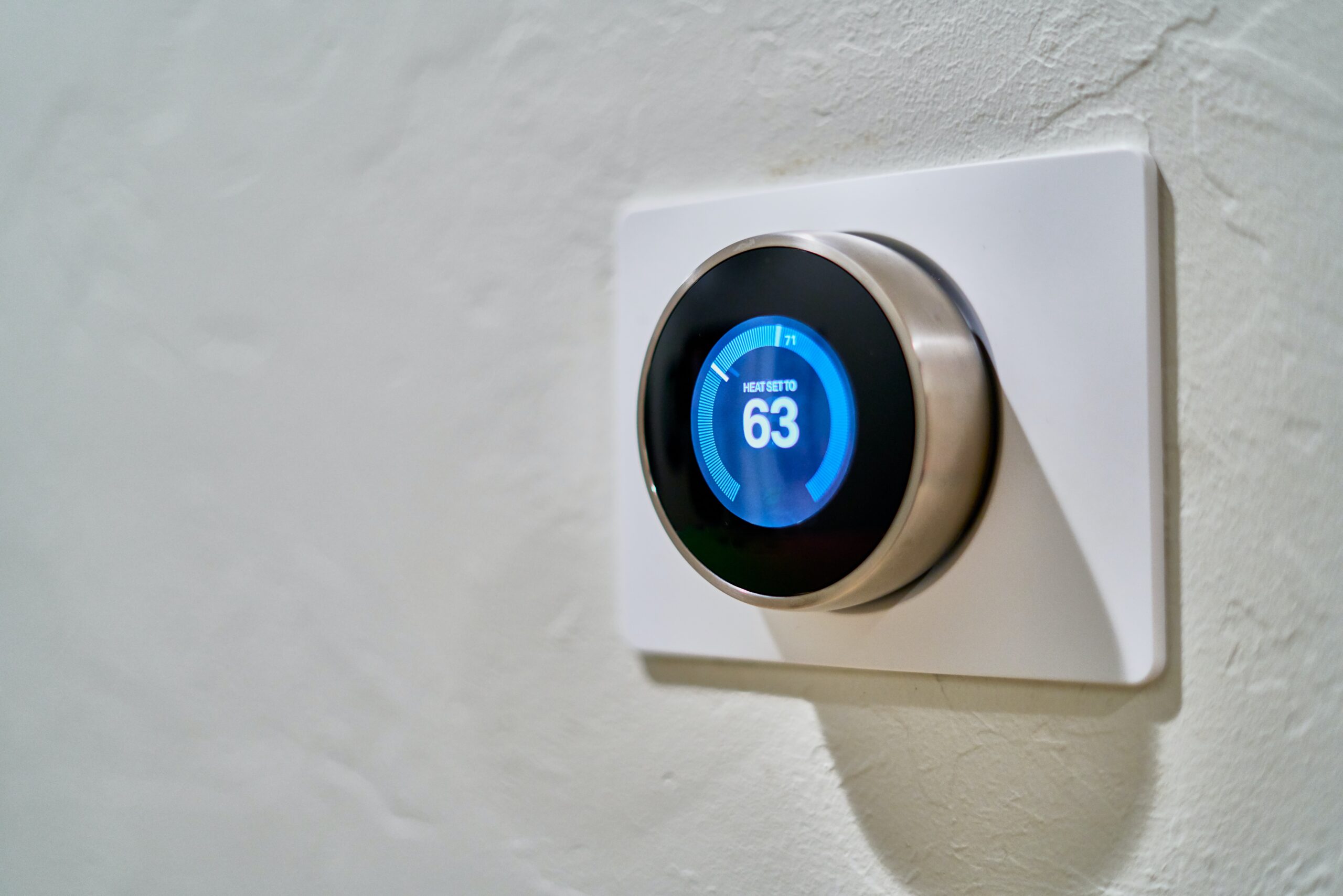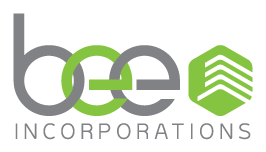Artificial intelligence (AI) is penetrating all industries. From conception to renovation, AI can impact the built environment. Many factors affect building performance and AI can take the load off of the busy humans managing it. AI also removes bias and can stop disaster before it strikes. Here’s how AI can play a role in optimizing building performance.
What Is Building Performance Optimization?
A building’s performance is how well it performs its designated tasks. Whether a home, business or storage facility, a property needs many elements to keep it running. Optimizing building performance means doing what you can to prioritize critical factors.
Energy Efficiency
Optimizing energy efficiency means ensuring the building has the power to operate smoothly. It also means reducing excess energy consumption for financial and environmental benefits.
Maintenance
Without proper maintenance, systems can begin breaking down, causing a hassle for occupants and damage to the building. Optimizing maintenance schedules and system monitoring can keep everything running smoothly.
Security
Keeping a building safe is a priority for anyone who doesn’t want to risk their operation. Optimizing security means covering potential blind spots, tightening network security and implementing strategies for quick response times.
Comfort
Optimization isn’t just about a building’s efficiency but its comfort. The temperature, humidity and ease of use contribute to the property’s attractiveness.
Cost Efficiency
Saving with compromising quality is the goal of many building operators. It allows owners to dedicate funds to other purposes, such as needed maintenance, business supplies or a rainy day fund.
Energy Use
Artificial intelligence can manage a building’s energy use, optimizing it for comfort and sustainability. AI combines data from an existing management system with weather conditions and other data points. It then can use that information to calculate a building’s energy use and develop real-time solutions to improve it.
Owners can connect AI software to the building’s electricity meter and network. It can determine how much electricity the building consumes at any given time and make adjustments based on need. An AI system can learn when people are in a building and what they’re using to optimize energy flow.
These systems use what they learn to predict future patterns, which can significantly save costs while maintaining a comfortable and workable environment. Constant monitoring can take a building from a fixed to a flexible load, reducing strain on the power grid.
AI can also play a large role in heating, ventilation and air conditioning (HVAC) systems. It can control IoT-based sensors to determine where people are in a building. AI then can direct the system to focus on those rooms and use less power in empty ones. This process saves money and reduces overall energy use.
Leak Detection
AI can play a major role in water management, detecting potential issues and sending alerts before disaster strikes. AI systems can analyze a building’s water flow in real-time and learn use patterns. It then uses that data to send an alert if a leak or anomaly is detected and shut off the system to prevent damage.
Using the learned data, engineers can determine the location and source of the leak for a faster repair.
In addition to inefficiency, leaks can also cause major damage to a building, compromising its stability. When water gets into warm, damp places, it can produce mold, which can lead to consequences for human health. AI water sensors reduce water waste, improve costs and keep the building safe.
Predictive Maintenance
Every building has occasional maintenance needs, which can severely impact its performance. An inefficient appliance or HVAC system can suck unneeded energy, and damage to water, gas or electrical systems can lead to devastating damage. Some buildings require specific materials that can be frustrating to replace in a disaster scenario.
Using IoT sensors, generative learning and management software, AI can collect and process large amounts of data to predict when a system needs maintenance. It can offer the location of the problem and recommendations on how to repair the problem. With timely interventions, building managers can prevent closures and other inconveniences. It can also keep engineers from dealing with costly repairs.
Performing preventative maintenance can improve systems’ efficiency and life span, saving energy and cost.
Security
AI can protect a building from threats by improving video surveillance, detecting cyber attacks and sensing other suspicious activities. It can also make it easier for residents, workers and visitors to navigate the building safely.
Instead of someone having to stare at a screen of cameras, AI can alert security when it notices unusual movements or entries. It can trigger alarms and turn on lights to scare potential intruders.
Some companies are working to create AI-powered access controls that can use biometric technologies to keep a building secure. It could learn new security protocols and eliminate the need for identification badges.
3 Drawbacks of Using AI for Performance Optimization
While AI is advantageous in building performance optimization, there are some valid concerns.
1. Hacking
To get the needed information, AI must learn about the building’s layout, systems and the people within it. Hacks are possible, and a cybercriminal could learn sensitive information that puts a building at risk. It’s unlikely but possible and is still something human analysts and security experts consider.
There are reports of smart hubs getting hacked and known hacking methods can feed poisoned data into AI systems to confuse them.
2. Privacy
As convenient as tracking people’s movements to conserve energy is, some may see it as an invasion of privacy. Residents or guests in the building might not like the idea that someone can tell where they are in the building throughout the day.
The same goes for security. The idea that AI camera systems could always be listening can be unsettling. If a device uses biometrics to gain access, someone could feel uncomfortable with a database having their information.
3. Accountability
When humans rely on artificial intelligence to solve problems, there could be errors they can’t fix. AI only knows a set amount of data and mistakes happen. An error could lead to a false alarm at best, a severe breach of security or missed damage at worst.
When humans separate from an experience, it’s easy to detach. If someone can blame AI for a disaster, it’s harder to get justice. Governments and tech companies are working to find answers to potential problems.
Using AI for Building Performance
AI is a valuable tool for building performance from energy to maintenance. Building owners can use these strategies to get the most out of their properties.










